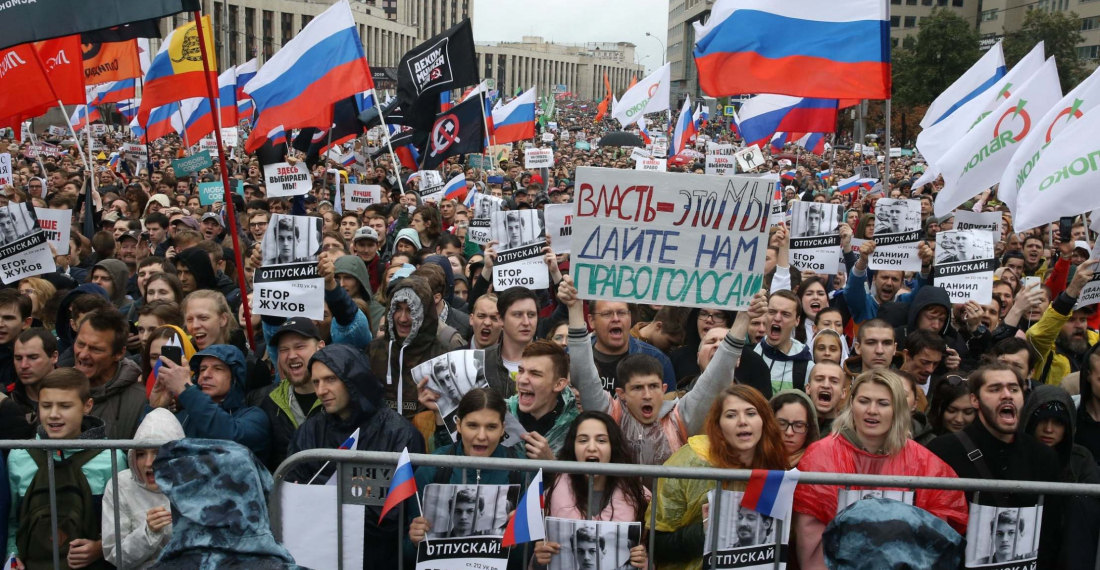Under the steady hand of Vladimir Putin Russian politics over the last two decades have been largely uneventful. Elections come and go, with little doubt of the outcome. The president's party United Russia, has dominated the political scene leaving little space for others. But the Kremlin is wary of accusations of totalitarianism, so understands that some opposition presence is required to sustain the image of political plurality. For a while parties like Vladimir Zhirinovski's Liberal Democratic Party, Just Russia, and of course the Communist Party, have played the role of a "loyal opposition". Now it seems the Kremlin feels that something else is required.
In a recent story published on new year's eve by the Russian newspaper Kommersant, it has been suggested that new political parties are being created by the Kremlin, to satisfy the tastes of those Russians who seek a different kind of politics than that provided by United Russia or other parties currently represented in the Duma.
In the spring of 2020, the Russian Justice Ministry registered four new political parties - New People, For Truth, Green Alternative and the Direct Democracy Party. Three of them entered regional assemblies following the fall elections and gained the right to nominate their candidates in the 2021 Russian parliamentary election without collecting voters’ signatures. There is optimism that the new parties will meet the Russian people’s demand for new faces in politics, Kommersant writes.
Rumors started circulating before the inception of these new parties that the presidential administration sought to set up new political parties in order to create an illusion of competition ahead of the 2021 election and splinter protest voters.
All four new projects had no problem registering with the Justice Ministry though no party had had such distinction in the previous two years. As for the ideas that the new parties proclaim, they suggest that the presidential administration carefully eye sociological data and pinpoint several large groups of voters that are not represented by the old-guard parties in parliament.
The success of these new players seemed to prove the theory that the presidential administration plans to rely on the creation of several pro-government factions following the 2021 parliamentary elections. Moreover, pollsters have long been pointing to society’s demand for new faces in politics and the people’s weariness with "old-guard" parties.
However, according to a poll conducted by the All-Russia Public Opinion Research Center in November, only 16% of voters are willing to support non-parliamentary parties, and four percent of them would prefer to vote for the old-guard, including Yabloko and the Party of Pensioners for Social Justice. If nothing extraordinary happens, the new startups will manage to snatch two to three percent of votes from the parliamentary opposition and then retreat to the bench.
The Kommersant story adds to speculation that the Kremlin is preparing in earnest for the post Putin era, and is set on a carefully managed transition with as few surprises as possible.
source: commonspace.eu with Kommersant (Moscow), TASS (Moscow) and agencies
photo: Demonstrators demand free elections at a protest rally in Moscow in 2019 (archive picture)






